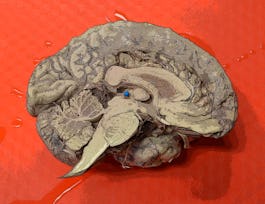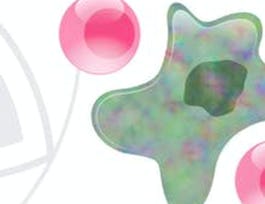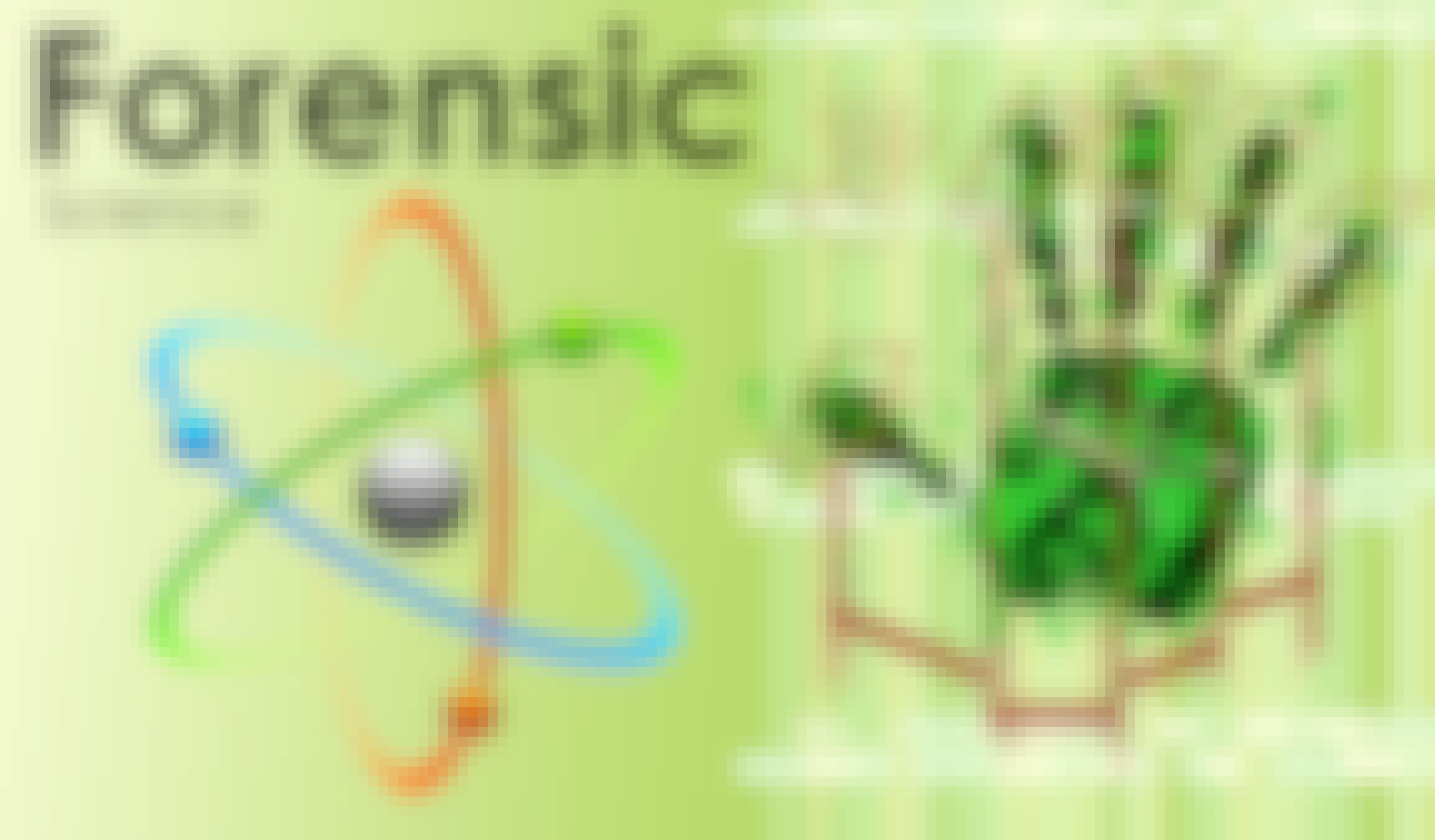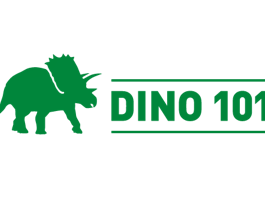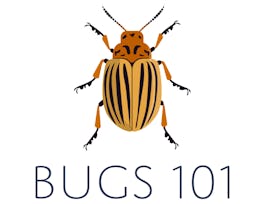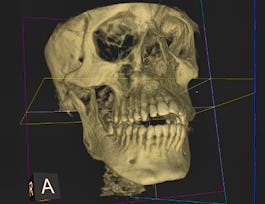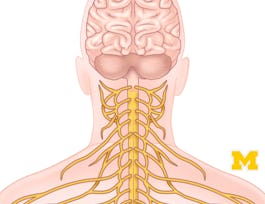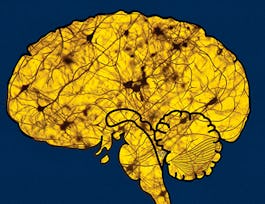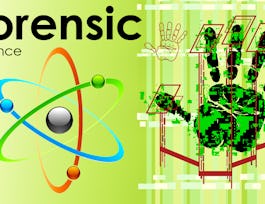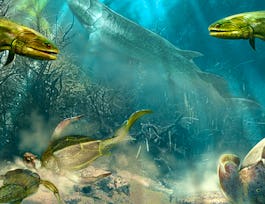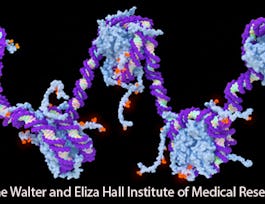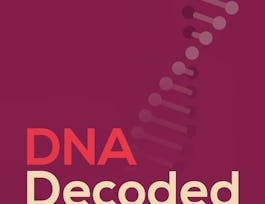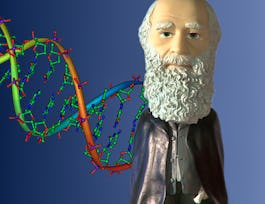Basic Science
Earn Your Degree
Most Popular Courses
Top Rated Courses
Finish a Basic Science Course in Under 12 Hours
Neuroscience and Psychiatry
More Basic Science Courses
Life Sciences
Frequently Asked Questions about Basic Science
You’ll find foundational topics such as anatomy, biochemistry, biology, immunology, genetics, and neurobiology. You can also explore areas like Genetics, Immunology, Biochemistry, Pharmacology, Paleontology, and Ecology.
Yes, the catalog features a dedicated set of beginner options such as Dino 101: Dinosaur Paleobiology, Bugs 101: Insect-Human Interactions, Science Literacy, and Understanding Plants – Part I. These courses are designed for newcomers and focus on foundational concepts.
Popular courses include human physiology, immunology, anatomy, cancer biology, brain, and genetics.
Learners highly rate courses like Dino 101: Dinosaur Paleobiology, Chimpanzee Behavior and Conservation, Introduction to Breast Cancer, and Paleontology: Theropod Dinosaurs and the Origin of Birds. These offerings blend engaging topics with strong academic instruction.
Completing a course makes you eligible for a shareable Course Certificate for a small fee, and multi-course programs award Specialization Certificates like Cancer Biology or Anatomy.
Yes. Explore options such as Anatomy: Human Neuroanatomy, Sleep: Neurobiology, Medicine, and Society, Synapses, Neurons and Brains, and Positive Psychiatry and Mental Health.
A variety of related subjects can enhance the study of basic science, including psychiatry and mental health, the brain's role in addiction, oncology and the biological aspects of cancer, forensic science, and organ donation. You could take your knowledge of biology to a more advanced level by studying physiology to understand how the body responds to exercise or enhance your understanding of chemistry by learning more about the complex research that goes into the development of a new drug. You could also learn the principles of scientific writing to help you draft everything from scientific papers and articles to peer reviews and grant applications.
You can take Anatomy: Musculoskeletal and Integumentary Systems, Anatomy: Cardiovascular, Respiratory and Urinary Systems, and Anatomy of the Chest, Neck, Abdomen, and Pelvis. These courses help you build a comprehensive view of human structure and function.
Use Popular Topics to jump directly into areas like Genetics, Immunology, Biochemistry, Paleontology, and Ecology. Each topic page curates courses and programs from leading universities and institutions.







